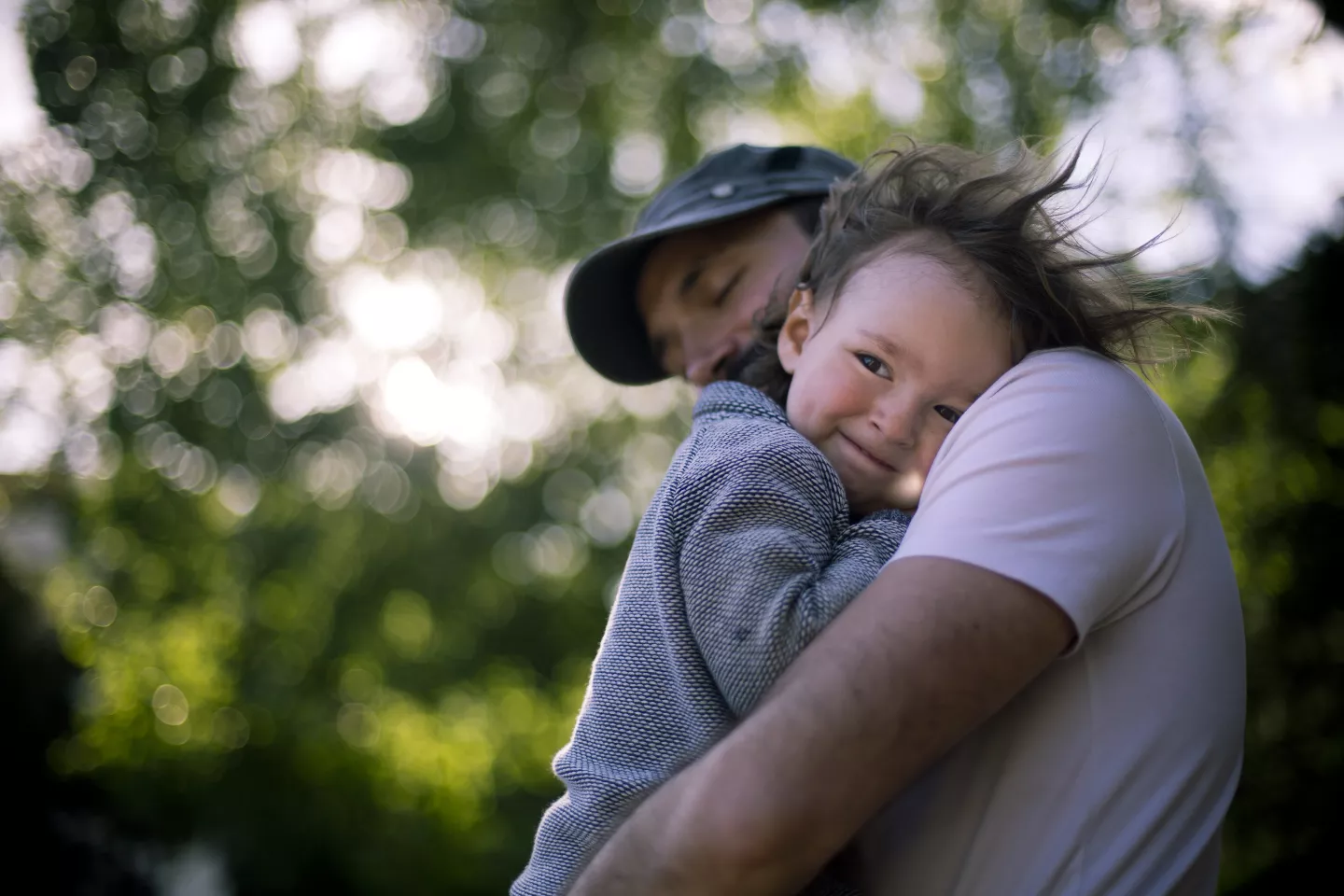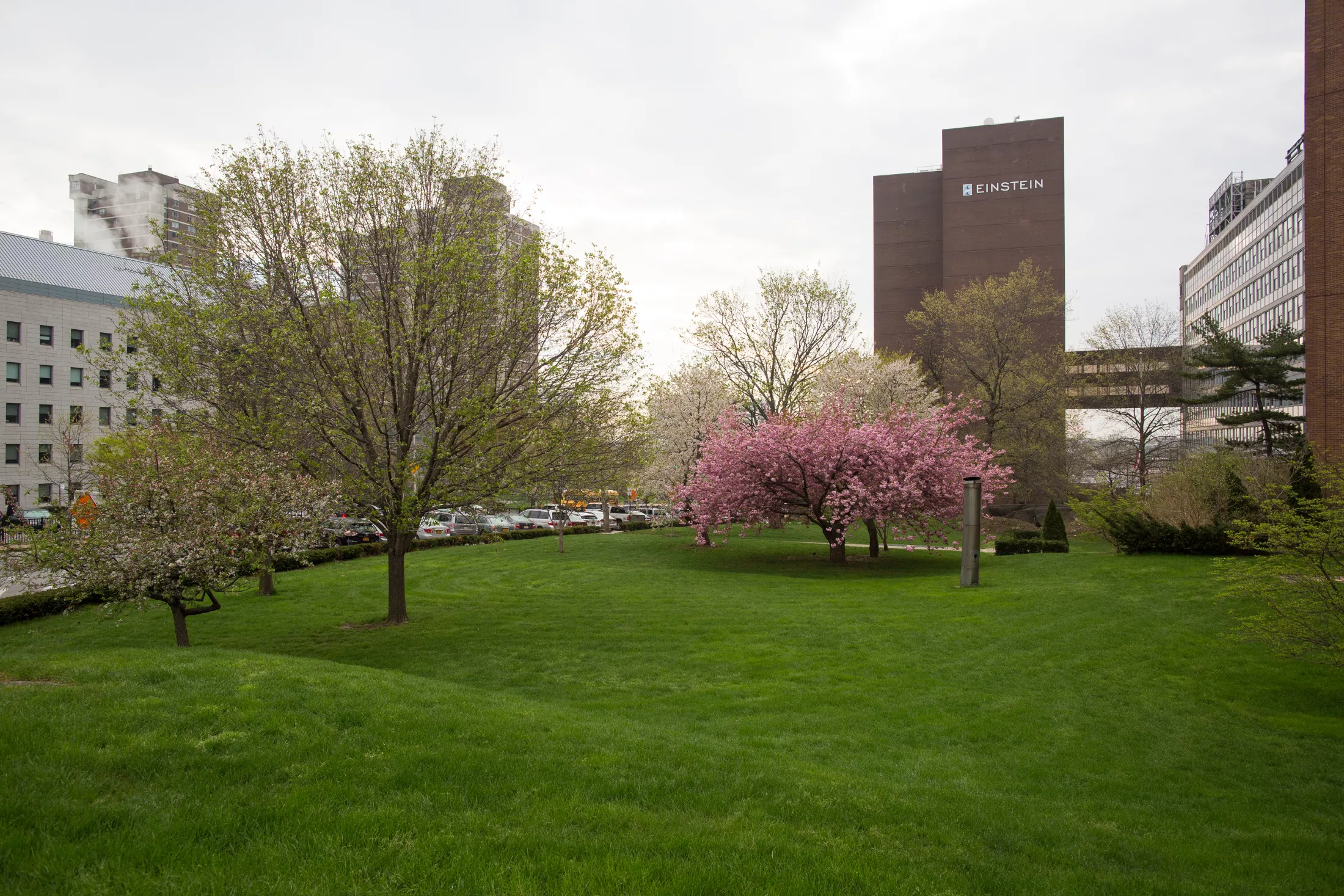Overview
The Autism and Obsessive Compulsive Spectrum Program at the Albert Einstein College of Medicine and Montefiore Medical Center is dedicated to three broad goals:
- Developing innovative, novel and breakthrough treatments for a unique group of overlapping conditions.
- Clarifying neurobiological mechanisms that underlie core symptom domains across these conditions.
- Providing world-class care to our research participants.
Our Autism and Obsessive Compulsive Spectrum Program currently focuses on Autism Spectrum Disorders (ASD) and Prader-Willi Syndrome (PWS). Obsessive Compulsive Spectrum Disorders such as Obsessive Compulsive Disorder (OCD), Body Dysmorphic Disorder (BDD) is also of interest to the program.
The Autism and Obsessive Compulsive Spectrum Program is located at the Psychiatry Research Institute at Montefiore Einstein (PRIME) in the Van Etten Building of the Albert Einstein College of Medicine.
Our work seeks to bridge and translate basic neuroscience discoveries into innovative experimental therapeutics and new clinical treatments. Our expert group of psychiatrists, psychologists and investigators consider our patients as partners in growing the knowledge base for our field.
Our clinical orientation is translational. We utilize neuroscience discoveries to develop and launch breakthrough treatments. We use behavioral, cognitive and early efficacy biomarker assessments (i.e. eye tracking) to determine the impact of treatments on clinical symptoms and the underlying endophenotype (measures of the condition that lie in-between genes and clinical symptoms). We perform our intensive diagnostic, neuropsychological and safety measures in the Montefiore Einstein Clinical Research Center.
Dr. Hollander has been the PI of 10 federal grants, authored over 500 publications, has over 22,574 citations and an h-index of 84. He is a Director of the International College of Obsessive Compulsive and Spectrum Disorders (ICOCS), and the Clinical TMS Society. He was chair of the DSM-5 Research Planning Agenda for Obsessive Compulsive and Related Disorders. He was director and PI of the NIH STAART Autism Center of Excellence, and PI of the NIMH Psychopharmacology Training Fellowship. The program has received funding from the Department of Defense, and the Orphan Products Division of FDA, for autism, body dysmorphic disorder, and Prader Willi Syndrome. The program has developed targeted treatments for the repetitive behavior domain and the social communication domain of autism spectrum disorder.


